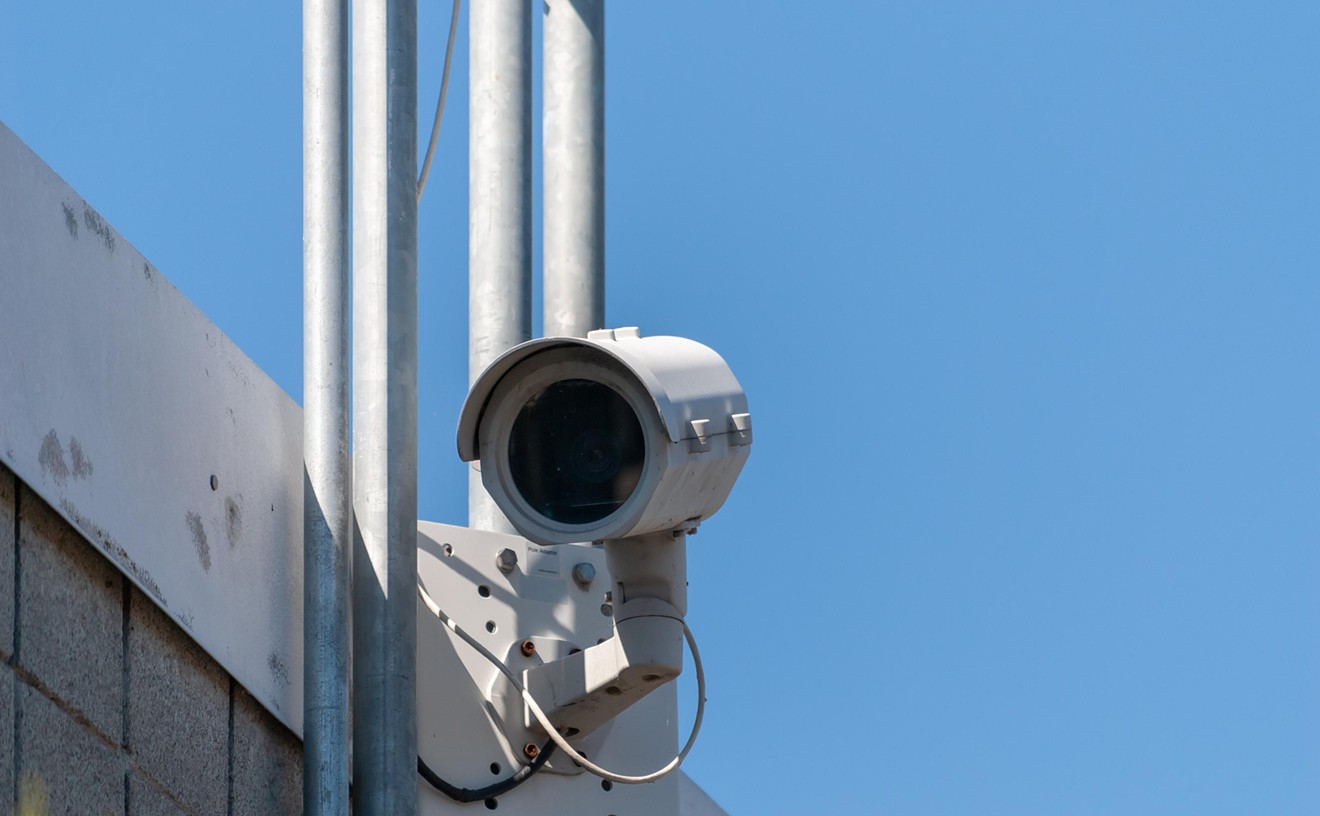The news Sunday was disturbing. A Texas Health Presbyterian Hospital nurse -- confirmed Monday to be 26-year-old Nina Pham -- had contracted Ebola. Pham was not one 10 people being monitored for close contact with Thomas Eric Duncan, the first person diagnosed with Ebola in the United States, nor was she one of the 38 people who, in the Centers for Disease Control's estimation, might have had unprotected contact with Duncan after he became symptomatic. Pham was simply one of the health professionals who treated and cared for Duncan on his second visit to Presbyterian, during which appropriate precautions were supposed to have been taken.
Monday morning, as he's done almost every day since Duncan's diagnosis was confirmed on September 30, CDC Director Tom Frieden held a news conference. Initially, Frieden's press conferences inspired confidence. He calmly repeated to everyone how difficult the transmission of Ebola was and complimented Texas Health Director David Lakey and Presbyterian on how they were dealing with the situation.
See also: CDC Boss Frieden, "That Is Not in the Cards"
Monday was different. With less apparent confidence than he's shown at any point to date, Frieden told the world what the CDC knew about Pham's case, which wasn't much.
"We don't know what the exposure was," he said of how Pham might have contracted Ebola. If it was something like a needle stick, he said, the number of Pham's colleagues at a high risk for Ebola could be easily ascertained. It would be the group of workers who performed the same action or who were subject to the same conditions as Pham. Because no one, not the CDC, not Presbyterian and not the state of Texas, knows how Pham was exposed, any workers who treated Duncan must be considered to be at risk, Frieden said.
"We have to consider the possibility that there are additional cases, especially among healthcare workers," he said. The process of identifying healthcare workers who need monitoring, he said, is "still underway."
Frieden hinted that Pham's exposure might have occurred because of inappropriate removal of personal protective gear. The CDC, Frieden said, is now monitoring the removal of that gear by Presbyterian workers after they are in contact with Pham.
Lakey emphasized that the most important action being taken now is determining who else is at risk.
"Our top priority right now is contact investigation," he said.
Frieden closed the conference by saying that all hospitals in the country should ask about travel histories of patients with a fever.











